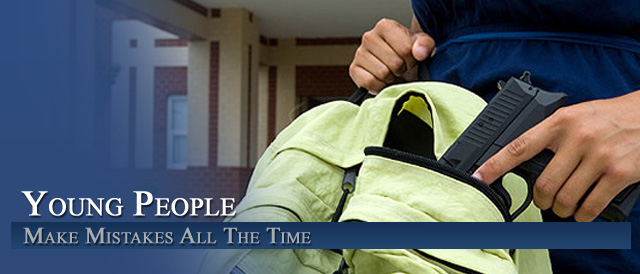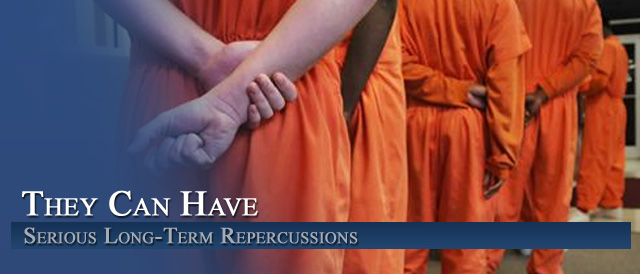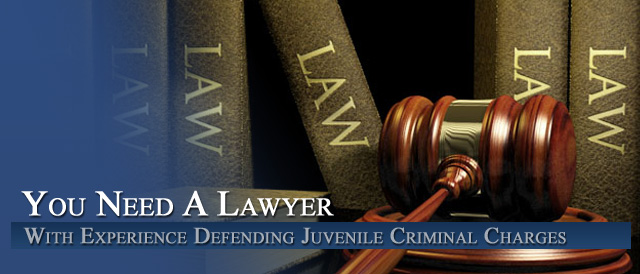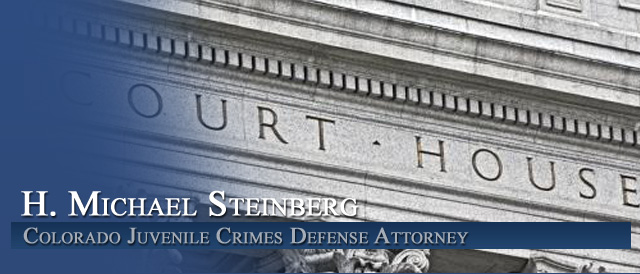




Summons – Issuance – Contents – Service – 19-2-514.
As a former Senior – Career Arapahoe – Douglas County District Attorney -in his13 years (1984 – 1997) years as a prosecutor – H. Michael was assigned to the prosecution of hundreds of juvenile prosecutions. As a Colorado Criminal Defense Lawyer for the last 16 years (1997 – 2013) – he has successfully handled hundreds more juvenile cases.
Juvenile criminal defense lawyers must be specialized in this area and must have specialized training and experience to be effective on behalf of their clients… essentially just children. Because Juvenile Court is different than adult court – an experienced lawyer in adult may be incompetent to practice in juvenile court.
Where your child’s freedom and future is at stake…go with experience every time.
Here is the statute referenced in the Article That Linked you to this page:
§ 19-2-514. Summons – issuance – contents – service
(1) After a petition has been filed, the court shall promptly issue a summons reciting briefly the substance of the petition. The summons shall set forth the constitutional and legal rights of the juvenile, including the right to have an attorney present at the hearing on the petition.
(2) No summons shall issue to any juvenile or respondent who appears voluntarily, or who waives service, or who has promised in writing to appear at the hearing, but any such person shall be provided with a copy of the petition and summons upon appearance or request.
(3) (a) The court may, when the court determines that it is in the best interests of the juvenile, join the juvenile’s parent or guardian and the person with whom the juvenile resides, if other than the juvenile’s parent or guardian, as a respondent to the action and shall issue a summons requiring the parent or guardian and the person with whom the juvenile resides, if other than the juvenile’s parent or guardian, to appear with the juvenile at all proceedings under this article involving the juvenile.
If the parent or guardian of any juvenile cannot be found, the court, in its discretion, may proceed with the case without the presence of such parent or guardian. For the purposes of this section and section 19-2-515, “parent” is defined in section 19-1-103(82) (b). This subsection (3) shall not apply to any person whose parental rights have been terminated pursuant to the provisions of this title or the parent of an emancipated minor. For the purposes of this section, “emancipated minor” shall have the same meaning as set forth in section 13-21-107.5, C.R.S.
(b) The general assembly hereby declares that every parent or guardian whose juvenile is the subject of a juvenile proceeding under this article shall attend any such proceeding.
(4) The summons shall require the person or persons having the physical custody of the juvenile, if other than a parent or guardian, to appear and to bring the juvenile before the court at a time and place stated not more than thirty days after issuance of the summons.
(5) (a) The court on its own motion or on the motion of any party may join as a respondent or require the appearance of any person it deems necessary to the action and authorize the issuance of a summons directed to such person. Any party to the action may request the issuance of compulsory process by the court requiring the attendance of witnesses on his or her own behalf or on behalf of the juvenile.
(6) If it appears that the welfare of the juvenile or of the public requires that the juvenile be taken into custody, the court may, by endorsement upon the summons, direct that the person serving the summons take the juvenile into custody at once.
(7) The court may authorize the payment of necessary travel expenses incurred by persons summoned or otherwise required to appear, which payments shall not exceed the amount allowed to witnesses for travel by the district court.
(8) (a) A summons issued under this section may be served in the same manner as the summons in a civil action or by mailing it to the juvenile’s last-known address by certified mail with return receipt requested not less than five days prior to the time the juvenile is requested to appear in court. Service by mail is complete upon return of the receipt signed by the juvenile, his or her parents, guardian, legal custodian, physical custodian, or spousal equivalent as defined in section 19-1-103 (101).
(b) Service upon the parent, guardian, legal custodian, or physical custodian who has physical care of a juvenile of a summons that contains wording commanding said parent, guardian, legal custodian, or physical custodian to produce the juvenile in court shall constitute valid service compelling the attendance of both the juvenile and said parent, guardian, legal custodian, or physical custodian in court. In addition, service of a summons as described in this paragraph (b) shall compel said parent, guardian, legal custodian, or physical custodian either to make all necessary arrangements to ensure that the juvenile is available to appear before the court or to appear in court and show good cause for the juvenile’s failure to appear.
(9) If the parents, guardian, or other legal custodian of the juvenile required to be summoned under subsection (4) of this section cannot be found within the state, the fact of the juvenile’s presence in the state shall confer jurisdiction on the court as to any absent parent, guardian, or legal custodian.
(10) When the residence of the person to be served outside the state is known, a copy of the summons and petition shall be sent by certified mail with postage prepaid to such person at his or her place of residence with a return receipt requested. Service of summons shall be deemed complete five days after return of the requested receipt.
Cite as C.R.S § 19-2-514
Other Articles of Interest:
- Issuance of a Lawful Warrant Taking a Juvenile into Custody – 19-2-503
- Contempt – Warrant 19-2-515
- Colorado Juvenile Criminal Process – The Arrest – Summons
- Understanding The Colorado Juvenile Pretrial System Part II of II
- The Arrest of Juveniles In Colorado – Colorado Criminal Juvenile Law Part I of II












